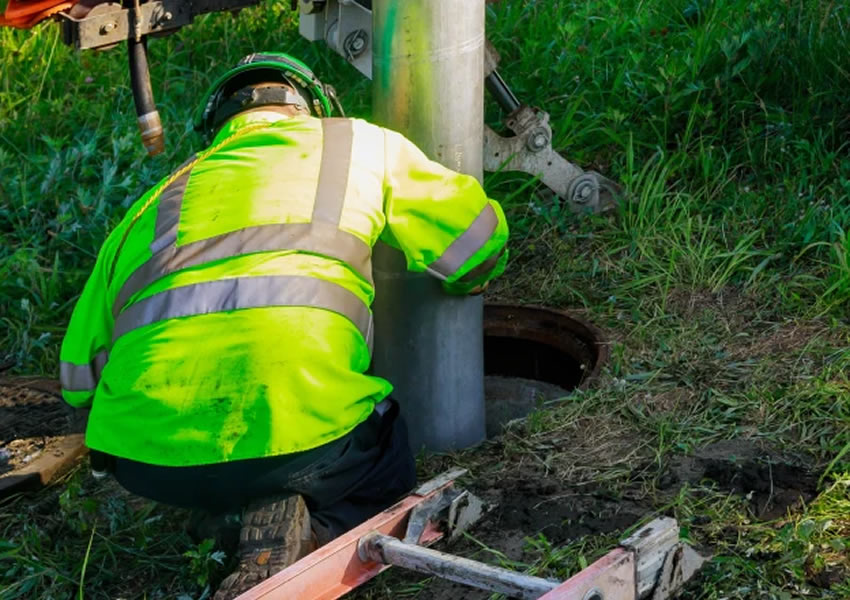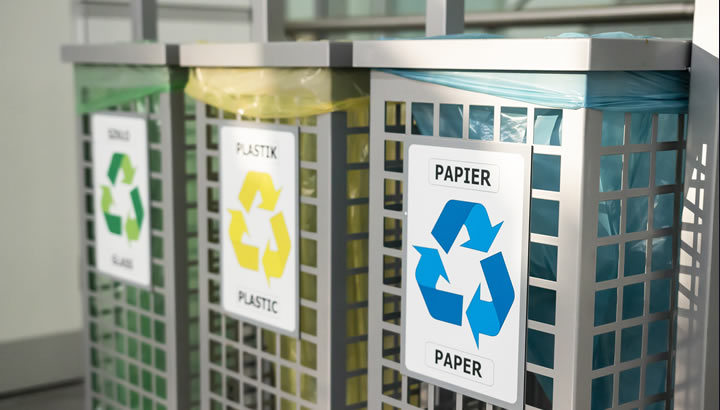The term waste management plan can be defined as a written procedure detailing the steps needed to finish a project while keeping the environment and legality in mind. A specific waste management strategy helps create waste control plans that vary based on your particular requirements. The typical project management approach holds that the prime contractor must manage all of the waste. With a waste management plan, you’re expected to have a clear set of procedures on how, where, and when you dispose of your garbage.
Here are some waste management suggestions to keep in mind to help you develop your waste management plan.
Evaluate Everyone’s Contribution
Assign someone to take charge of waste management to ensure the plan’s implementation. To do the job well, the employee must have a strong work ethic and a desire to continue working in their current position because assigning new work is challenging. Non-awareness of roles and responsibilities can be harmful to the group’s overall goal of waste management. Members must understand their roles when implementing a plan.
You can also hire junk removal companies such as Dirt Cheap Rubbish Removal if you want to lessen your team’s responsibilities. Waste removal companies frequently invest in training their employees to ensure that rubbish removal projects run as smoothly and efficiently as possible. The training generally entails differentiating between various types of waste and determining how to properly dispose of each one. Employing proper methods will transform them into experts in waste management.
Depending on the type and quantity of waste you have, you may have disposal concerns if you consider doing a removal job on your own. Apart from developing allergies, cuts, and bruises while removing waste and junk, there may be health risks. Additionally, not having proper disposal and waste handling training can get you in trouble with the law.
Setting dates for completion helps you avoid the risk of setting impossibly aggressive deadlines and ensures the project is completed on time. Knowing one’s role includes knowing when to perform it.
Establish Waste Logistics
Construction projects utilize multiple ways to dispose of materials. Identify the waste destinations and recycling processes that are needed. The office staff should be constantly provided with an up-to-date list of recycling operatives to find references quickly if there are any problems.
Estimate Your Waste
Taking steps in advance to minimize the amount of waste can make the cleanup process less extensive. Estimating anticipated waste provides more ease of disposal by giving estimates of the waste types and percentages, allowing no additional waste to worry about. Most businesses provide comparable information to assist you in determining the best specifications for your project.
Find Ways To Reduce, Reuse, Or Recycle
Effective waste management also includes several processes such as recycling, reducing, and reusing to lessen waste production. Waste headed for the dump or landfill should be minimal. If these options are not feasible, the trash would increase. Your plan should give equal weight to reducing waste and reusing what you can.
Attempt to reuse as much of everything as possible. As a last resort, consider finding another company or industry that can use your trash for other purposes if you cannot make good use of it.
Record Your Progress
It’s not practical to draft a plan without following through with its implementation. Keep records of everything, including the quantities of garbage generated, the costs involved in disposal, and the associated savings. Once you start a new project, you can use the records as a source for other ones in the future.
Check Your Area Guidelines
Businesses have various responsibilities regarding waste management, and one of them includes checking the waste disposal guidelines of your area. Some suppliers and their customers’ useable units may need separate containers. You need to be aware of your responsibilities, regardless of where you are located. It’s in your best interest to do your part and follow the regulations as you will receive warnings or punishment accordingly if you fail to follow your area’s guidelines.
While also making an effort to understand your community’s responsibilities, you must understand the local rules. It’s also necessary for some places for one’s waste to be sorted or dumped into a specific landfill, to follow the correct procedure. Additionally, make sure that all these policies and rules are explicit for all employees to ensure everyone is on the same page.
Takeaway
The most powerful strategy for waste reduction in your company is to produce less waste in the first place. Preventing waste has the most significant environmental and economic benefits. By promoting reuse, recycling, and resource recovery within the organization, you’ll help minimize waste in the landfill. Waste reduction will help you save money and protect the environment.






